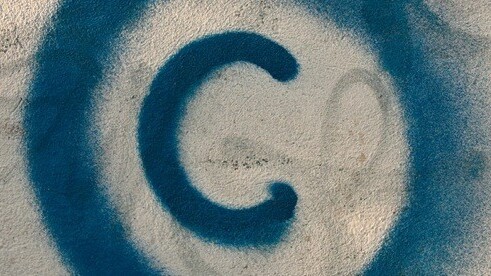
The UK Digital Economy Act, which allows for the prospect those suspected of online piracy being blocked by their ISP, looks more likely to go into force after two Internet service providers lost their appeal against its current form.
The Act, rushed through parliament in the dying days of the Labour government in 2010, was opposed by ISPs Talk Talk and Sky, as they were unhappy with the burden – and some of the cost – of policing a ‘blacklist’ of suspected filesharers being placed on Internet service providers’ shoulders.
The two ISPs claimed that this was incompatible with European law, an argument thrown out today by High Court judges Lady Justice Arden, Lord Justice Richards and Lord Justice Patten, as The Guardian reports.
ISPs will be required to pay 25% of relevant set-up and running costs incurred by media regulator Ofcom, which will operate an appeals body for alleged illicit filesharers, with rightsholders paying the other 75%. Sky and Talk Talk have also been saddled with 93% of the costs of their appeal.
It’s not necessarily a done deal, even now. The ISPs could well appeal to the Supreme Court next. The BBC reports that Talk Talk is “Considering its options.”
Loz Kaye, leader of the Pirate Party UK, says in a statement in reaction to the news, “This decision brings the draconian Digital Economy Act another step closer. The coalition government must be clear now once and for all on whether it supports this anti-Internet piece of legislation.”
At The Next Web, we’ve been vocal in our distaste with how the Digital Economy Act was passed, with (isn’t it always the way?) most Members of Parliament having little-to-no knowledge on the subtleties of what was being voted in. With the law now looking more likely to be put into action, the UK could well join other countries such as France in instituting Internet blocking for alleged pirates.
With sites like Newzbin 2 and The Pirate Bay being blocked in various countries, it seems that a chapter in the history of online piracy is starting to close. We’re sure pirates will find other ways to keep content companies on their toes, though. All those moles haven’t been whacked yet.
Get the TNW newsletter
Get the most important tech news in your inbox each week.





